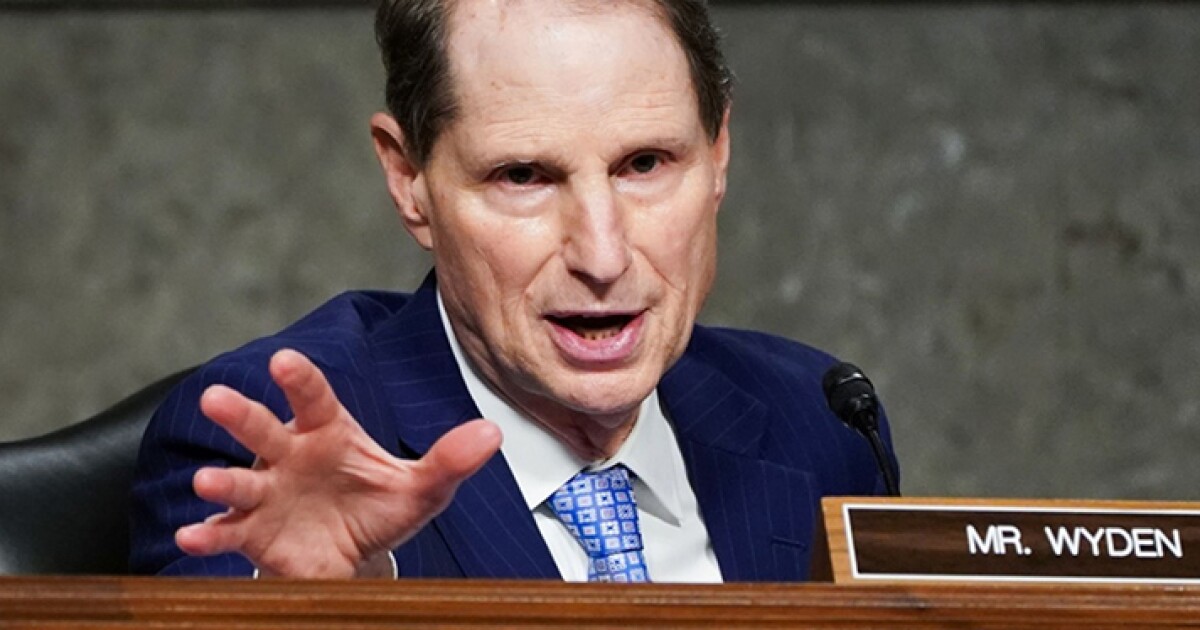Bond payment default mars Eastern Michigan University parking system P3
4 min read
Eastern Michigan University’s troubled parking system concession deal hit a new low this month with the first payment default on a $36 million bond issue tied to the transaction.
The bonds — investment grade at issuance — are now posted May 3 on the Municipal Securities Rulemaking Board’s EMMA website.
UMB Bank, which succeeded Huntington National Bank as trustee, made a partial payment of $848,778 on interest due after notifying holders that it would not follow a supplemental indenture authorizing use of the Capital Improvement Fund account which held sufficient funds for debt service.
The original indenture restricted capital improvement account funds for capital only but a supplemental indenture allowed transfers for debt service. UMB concluded after consulting with bondholders that the authorization was never granted to establish the supplemental indenture and so its terms are moot.
Moody’s Investors Service cut the rating on the bonds to Caa3 from Caa2 May 4. They originally were sold with an investment grade Baa1 rating. A series of downgrades began shortly after the pandemic struck in May 2020, falling to speculative grade in April 2022.
Moody’s rates the university at A3 with a stable outlook.
Provident and Preston Hollow charge in the lawsuit that the university’s policy changes on parking subsidies and staffing led to declining use and in turn reduced revenues. Remote learning was implemented in March 2020 at the start of the pandemic.
“EMU continues to adopt policies and procedures encouraging and allowing remote learning at the expense of on-campus instruction that have had the effect of reducing the use of EMU’s parking system,” the plaintiffs charge.
The lawsuit accuses the university of breaching its contract on its disclosure of the number of parking spaces that were in use, the parking garage issues, staffing policies, and the COVID-related closure policies. It also seeks a declaratory judgment that the university improperly served it a notice of agreement default and compensation of at least $10.9 million.
The university called the lawsuit meritless and is fighting it with its own counterclaims for breach of contract.
“Provident is attempting to rewrite the contract it signed,” the university said in a statement noting its default notice against Provident. “In particular, Provident failed to operate and maintain University’s central parking garage.”
The system collected $2.7 million of parking revenue in 2021 and $3.8 million in 2022 but fell far short of expenses leading to a $8.2 million loss in 2021 and a $7 million loss last year.
The latest financial statements warn that “the company does not believe it will have sufficient cash flows to meet future required debt service payments due to decreased revenues since the COVID-19 pandemic and declining enrollment.”.
The downgrade to Caa3 reflected the default and “the project’s significant longer term challenges, with weakened revenue generating potential given material and ongoing enrollment declines and a high share of students taking courses online versus on-campus,” Moody’s said.
“The project remains exposed to uncertain actions or exercise of remedies by the senior trustee following the recent payment default, and the university has also filed a notice of default against the project relating to the concession,” Moody’s said.
An uncured concessionaire event of default could lead to termination of the concession, with no required compensation to lenders, and bondholders could accelerate debt service and/or foreclose on the collateral due to the payment default.
Moody’s initially rated the bonds at Baa1 on the strength of the concession agreement terms granting exclusive rights to the system.
In a special sector comment last week, Moody’s warned of the risks associated with demand risk, hybrid and/or availability payment PPPs as well as the benefits.
Flexibility and the ability to work together to resolve unforeseen circumstances like an epidemic-driven shutdown are among tenets of a successful partnership.
Risks include a subpar partner, impaired project demand, reputational harm, and exposure to a long term debt-like contract. Benefits include financing for capital, more efficient operations, other direct benefits of monetizing an asset, and partial risk transfer.
“Even with their risk profile, demand risk and hybrid PPPs will remain an attractive option for many universities seeking to upgrade campus infrastructure because of the various opportunities they can provide,” Moody’s said.
The EMU deal isn’t alone as a troubled case.
The University of Iowa’s concession partner alleged a breach of contract terms on a 50-year utility system concession in a federal lawsuit which the university is seeking to dismiss.
Moody’s noted that the University of Louisville canceled a proposed utility system monetization following the Iowa litigation.
Eastern Michigan, which serves 14,000 students, last year entered into another P3 to overhaul its student housing stock. The school turned to the P3 to limit its financial risk and keep the borrowing off balance sheet.
A $210 million revenue bond issue was sold through the Public Finance Authority, a Wisconsin-based national conduit agency, on behalf of Eastern Michigan University Campus Living LLC for the university’s Welcome Home 2025 Plan.
Moody’s assigned the bonds an underlying Baa2 project revenue bond rating based on the bond structure, which has some “speculative” elements, and the university’s A3 rating and stable outlook. S&P Global Ratings rated the bonds AA based on the Build America Mutual insurance.







